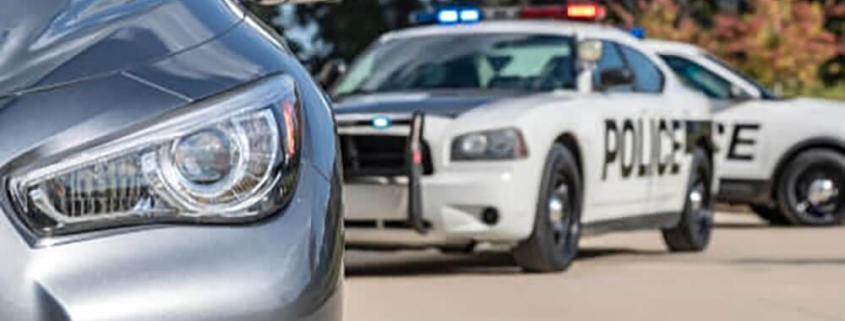Your Rights During a DUI Traffic Stop in Illinois
Being pulled over on suspicion of drunk driving can be an overwhelming and stressful experience. Knowing your legal rights during a DUI traffic stop is critical to protect yourself. Working with an Illinois lawyer can further help you.
Reasons for a Legal DUI Traffic Stop
Police have the authority to legally stop vehicles when they have reasonable suspicion of a traffic violation or observable signs of impaired driving that establish probable cause to investigate further. Officers do not need a warrant if they directly witness driving behaviors like swerving, delayed reactions, or speed changes that indicate potential intoxication behind the wheel.
Cooperating Respectfully While Invoking Rights
If stopped, you must comply with officer instructions for pulling over safely and presenting your driver’s license, registration, and proof of insurance when requested. However, cooperation does not mean admitting guilt or voluntarily discussing whether you have been drinking or other questions about your activities and destination. Both polite refusal to answer questions and respectfully invoking your rights is recommended.
Remaining Silent and Not Self-Incriminating
You always have the constitutional right to remain silent and not provide potentially self-incriminating statements against yourself per the 5th Amendment. Anything you say during a DUI traffic stop can be used as evidence of intoxication, so politely inform the officer you wish to remain silent after providing the required documents.
Refusing Field Sobriety Tests During a Stop
When a DUI is suspected in Illinois, officers typically conduct field sobriety tests like walking heel-to-toe in a straight line or standing on one leg. You legally have the right to refuse to complete this. While test refusal may have consequences like loss of driving privileges, poor performance on FSTs provides probable cause for arrest and solid evidence of impairment.
Consenting to a Breathalyzer Chemical Test
Illinois has implied consent laws, meaning you automatically provide consent to submitting to chemical BAC tests when driving with a license. However, you can still legally refuse a roadside preliminary breath test or evidentiary breathalyzer test during the stop. Refusal comes with a potential license suspension but eliminates breath sample evidence.
Video Recording Traffic Stop Encounters
Illinois law expressly allows motorists to video record traffic stops, as long as it does not physically obstruct officers conducting their duties. This video documentation can provide helpful evidence if charges are disputed.
Using knowledge of your rights politely yet firmly during a DUI stop can potentially influence the outcome of the incident in your favor. While cooperation with officers is wise, never admit guilt or voluntarily offer self-incriminating evidence.
Contact a Will County, IL DUI Attorney
Going through a DUI traffic stop and getting arrested or given a ticket can be devastating. Working with an Orland Park, IL DUI lawyer can help make sure all of your rights are met. Call Fotopoulos Law Office at 708-942-8400 for a free consultation.










Leave a Reply
Want to join the discussion?Feel free to contribute!